Conducting and singing are at opposite ends of the performing spectrum. Conductors do not need to make any sound during a performance. Singers are unique in using only the vibrations of their own bodies to make music. How have the two extremes interacted in her approach to making music?
“It was such a strange feeling at first for me, despite my long dreams about conducting, to not really directly produce the sound,” she says. “However, I think the conductor does produce the sound in a way. If you put the same orchestra in front of three different conductors, and just ask them to give an upbeat and the first chord, you will get a different sound.”
She goes further. “It’s wrong to think you don’t really produce the sound. You don’t produce it with your body. But your body shows your imagination of the sound you would love to get. You inspire the musicians who are directly producing the sound. It’s one of the most fascinating parts of conducting. Telepathy, in a way. Charisma, of course. But there should be something more, in your body language. The actual body of a conductor has an impact on the sound. A skinny guy will not produce the same sound as a very fat one.”
She growls hoarsely
In relation to her singing influencing her conducting she points out that, “When you see many great conductors in rehearsal they are often singing, or trying to sing. Some have ugly voices but they still do it. Some have beautiful voices, like Riccardo Muti or Carlos Kleiber, and then you hear Karajan just doing this” – she growls hoarsely to imitate the sound.
The conductors are communicating about shape, not about beauty of tone. “They always try to sing the phrase – half of the music is about how to phrase, how to sing a line. When you talk with musicians, they always say they would like to play like a voice. And when you talk to concert singers they always hope to sing as beautifully and purely as an instrument, especially in Bach or Mozart or classical repertoire. The connection, the exchange of experience, what you can share between the two, is really interesting.”
Is there any influence in the other direction? “Has the conducting influenced my singing? I don’t know. But I think I am the sweetest girl with any conductor. Because now I know really how hard it is. You have no idea until you have done it yourself about the storm that is always happening in a conductor’s brain. I have much more respect now, even for the ones I don’t like.”
Her preparation as a singer, she says, was always “very complete and intense”. But even just in terms of time, she says, “it’s nothing compared to what you have to do as a conductor”.
Her study always begins with the big picture. “I want to understand the structure. That’s the most important thing at the beginning. I want to know how it’s built, how the structures of the phrases are made. I play it on the piano, I play every line. If you want to go deeply and imagine how the players feel, for example in a solo, of course I sing it. Then I can sing it to the player during the rehearsal, but I can also just influence him, or I can also prepare and mark the parts of individual players.”
It eats her life, she says, but she finds it very useful. “Most of the time you have three days’ rehearsal, and for the kind of work I like to do, it’s very little. Marking the parts saves a lot of talking. You don’t need to do it for everything. Someone like Mahler writes everything in. For Beethoven, Mozart, Schumann it’s very useful.”
Online research
When she has dealt with the overview and the fine detail and she knows what she wants, she does what she says would have been a dream for conductors in the past: searches out other views online and from her extensive CD collection. Stutzmann says she likes to trust orchestral musicians, to encourage them to express themselves freely, even if their views and interpretative approach are different from her own. In this regard she sings from the same hymn sheet as Benjamin Zander, whose rehearsal skills and theories about orchestral practice took flight in a way that enabled him to launch an independent career as a management guru.
Her debut with the RTÉ National Symphony Orchestra in February was an intimate, soft-spoken, chamber music-like experience. The quality of an orchestra, she says, is better judged by the hush of its pianissimos than by the blaze of its climaxes. She talks of taking time in rehearsals to remind players of what their colleagues are doing, drawing their attention away from what is the immediate and obvious focus of interest. Quite apart from the obvious shift in balance that can result, there’s another kind of shift that results from helping players to listen in a different way, too.
When you listen differently, you play differently.
Michael Dervan
